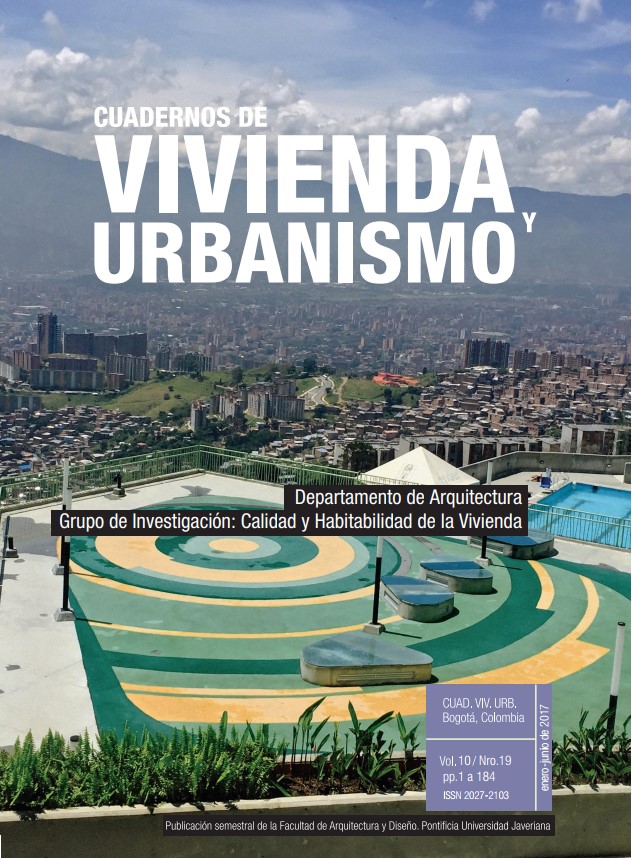Abstract
Regulation changes in urban planning at the local level should have some relation with the quality of urban life in the metropolitan areas of Chile. However, there is no significant evidence in literature to prove this. As a reference, we took 48 communes corresponding to Gran Santiago, Gran Valparaiso, and Gran Concepcion, in a temporal context of full democracy between 1990 and 2013. Based on the review and classification of the modifications made to the communal regulation plans, we analyze by means of statistics which allow comparing the nature of the modifications with the current quality of life profiles of the communes. This provides us with important evidence about how local governments influence this matter through the main instrument of urban planning in Chile.
This journal is registered under a Creative Commons Attribution 4.0 International Public License. Thus, this work may be reproduced, distributed, and publicly shared in digital format, as long as the names of the authors and Pontificia Universidad Javeriana are acknowledged. Others are allowed to quote, adapt, transform, auto-archive, republish, and create based on this material, for any purpose (even commercial ones), provided the authorship is duly acknowledged, a link to the original work is provided, and it is specified if changes have been made. Pontificia Universidad Javeriana does not hold the rights of published works and the authors are solely responsible for the contents of their works; they keep the moral, intellectual, privacy, and publicity rights.
Approving the intervention of the work (review, copy-editing, translation, layout) and the following outreach, are granted through an use license and not through an assignment of rights. This means the journal and Pontificia Universidad Javeriana cannot be held responsible for any ethical malpractice by the authors. As a consequence of the protection granted by the use license, the journal is not required to publish recantations or modify information already published, unless the errata stems from the editorial management process. Publishing contents in this journal does not generate royalties for contributors.


